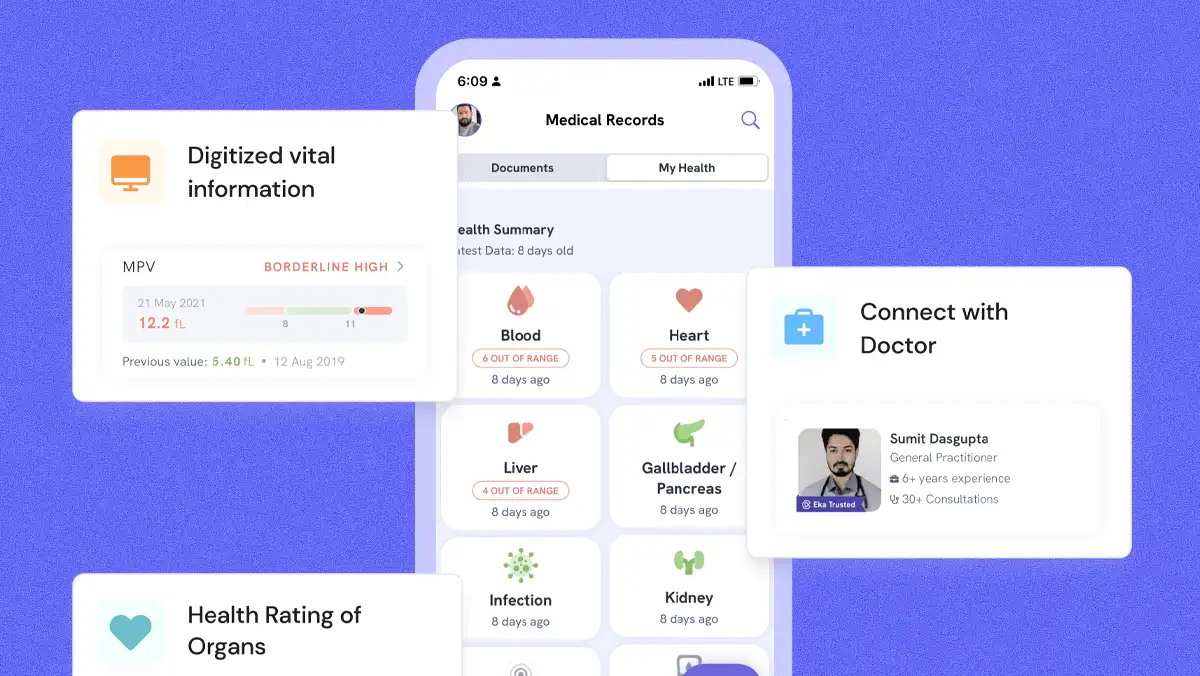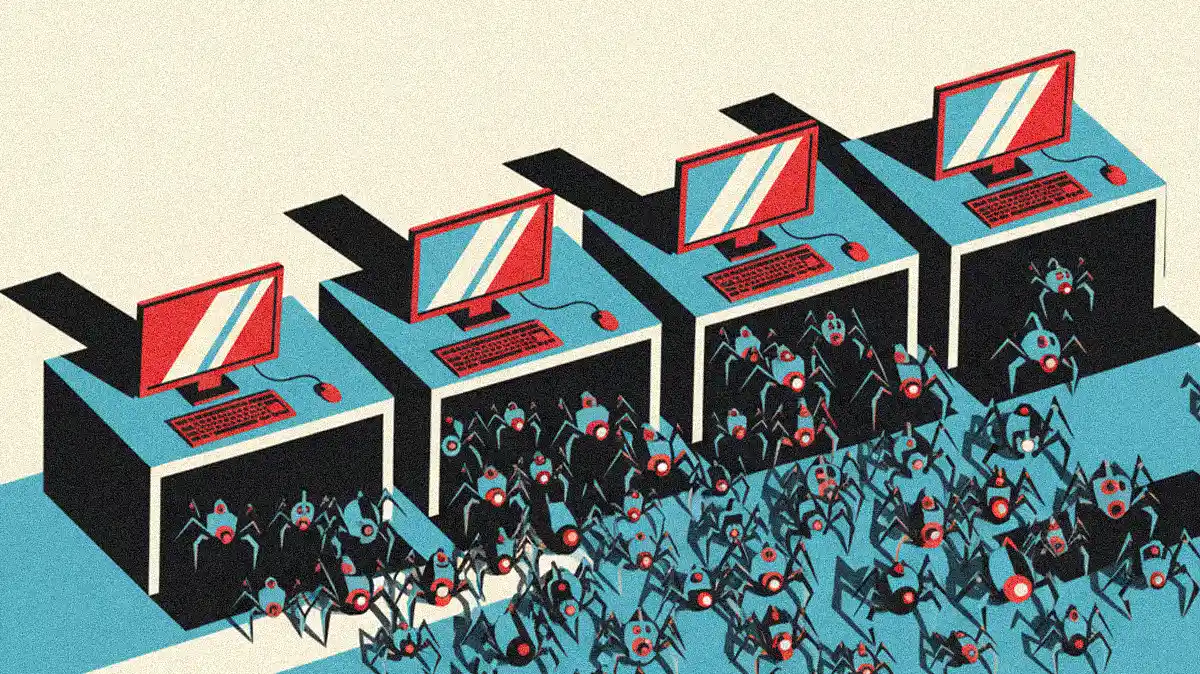
All articles
How Leading CS Teams Leverage AI to Shape Product Strategy and Up-Level Customer Care
AI is transforming customer success from a reactive service to a strategic partner role, according to Wellhub's Director of Customer Success Shi Yunn Chua.

Key Points
AI is transforming customer success from a reactive service to a strategic partner role, according to Wellhub's Director of Customer Success Shi Yunn Chua.
Automating routine tasks with AI allows CS teams to focus on building trust and advising clients on strategic agendas.
Shi Yunn envisions AI as a bridge between product development and customers, enhancing personalization and revenue opportunities.
Effective AI adoption requires mastering current tools and aligning cross-functional processes.
With AI's advancements allowing us to test a lot more efficiently, it opens the door to true customization and a deeper partnership between CS and product. CS can become a critical player in shaping product strategy, providing the beta and alpha testers product teams need to gather feedback, refine quickly, and drive meaningful iteration.
Customer success has outgrown its firefighting days. With the right AI tools handling the grunt work, CSMs can focus on what moves the needle. On one front, they are stepping into the role of strategic partner, shaping client agendas and proving impact beyond renewals and churn. On another, they are feeding insights into product development, helping drive more personalized and commercially viable solutions.
We spoke with Shi Yunn Chua*, Director of Customer Success at corporate wellness platform Wellhub, about redefining CS in an AI world. Drawing on over a decade of experience spanning B2B SaaS, a six-year tenure at Google leading enterprise and growth initiatives, and a unique perspective navigating both Eastern and Western business landscapes, Shi Yunn framed today as a crossroads for the function, with AI opening the door to a new definition of value.
Shi Yunn described a shift away from transactional tasks toward a more profound, symbiotic partnership. The evolution, she argued, is only possible when AI handles the rote work, freeing up humans to do what they do best: connect, strategize, and build trust.
Beyond the basics: "CSMs are no longer just talking about the hygiene items—upsell, cross-sell, renewals—but are seen as a partner helping both parties grow and align on shared agendas. Few want to run constant RFPs, and what matters is building a partnership where the product and the relationship remain mutually beneficial," said Shi Yunn.
From reactive to proactive: By taking routine work off the table, AI is changing how CS teams show up for clients. "It frees up our time to focus on the trickier things AI can’t automate, like building relationships and having real conversations with clients," Shi Yunn explained. "That shift has helped us move away from constant reactive firefighting."
Internally, Shi Yunn’s ultimate vision is for AI to break down one of the most stubborn silos in business: the wall between product development and the customer. She described the CS team as the critical link to bridging this gap.
Breaking down the ivory tower: "I want to see a better bridge between the product development team and CS to allow for more personalization," she said. Too often, engineers and PMs design from an ivory tower, focused on mass-market solutions while dismissing edge cases as too small to matter. AI, she argued, opens the door to change.
CS, meet product: "With AI's advancements allowing us to test a lot more efficiently, it opens the door to true customization and a deeper partnership between CS and product. CS can become a critical player in shaping product strategy, providing the beta and alpha testers product teams need to gather feedback, refine quickly, and drive meaningful iteration."
Must make cents: Still, Shi Yunn remains pragmatic. "Hopefully that will be possible," she said. "But it has to stay within the remit of profitability, and it still has to make sense for my company in terms of revenue. It might be an additional revenue stream or a new commercial opportunity, but first you have to eliminate the roadblocks to make the connection possible." Those roadblocks range from data governance and cross-functional adoption to ensuring the fundamentals of reporting and product quality are in place before CS can truly step into a strategic role.
While she embraces AI’s potential, Shi Yunn emphasized that the real value comes from choosing tools that solve core business problems, drive revenue, and actually work in practice.
A rifle for a mosquito: "With so many AI solutions out there, it's important to focus on the ones that cut through the hype and deliver reliable results. It doesn’t need to be flashy, it just needs to work. Do I really need a rifle to kill a mosquito? No. The smarter choice is finding the right tool for the job."
For Shi Yunn, the future of customer success is discipline unlocking possibility. AI can lift the role from firefighting to true partnership, but only if teams master the tools they already have and align around shared processes. "A tool is just a tool. If cross-functional processes are not in place and people are not using it correctly, it's not going to be impactful," she said. With that foundation in place, CS is free to shape strategy, deepen relationships, and drive growth on both sides.
* Shi Yunn Chua's opinions expressed in this article are solely her own, and do not necessarily reflect the views of her employer.







